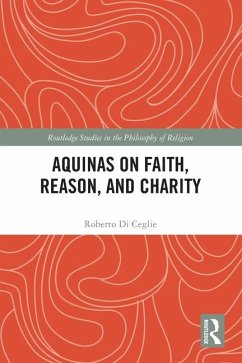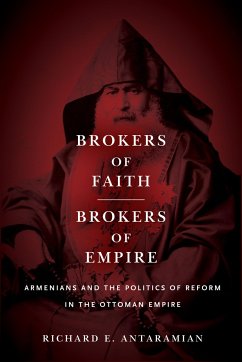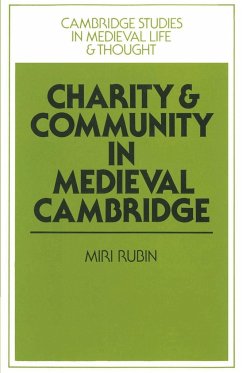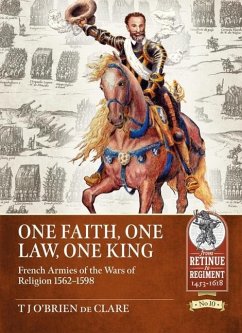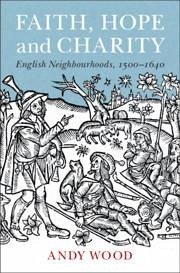
Faith, Hope and Charity
English Neighbourhoods, 1500-1640
Versandkostenfrei!
Versandfertig in 2-4 Wochen
40,99 €
inkl. MwSt.

PAYBACK Punkte
20 °P sammeln!
A study of English neighbourhoods based on a rich variety of hitherto largely unstudied sources, engages with the interaction of social ideals and everyday experience in Tudor and early Stuart neighbourhoods with emphasis on popular religion, notions of gender, locality and belonging between 1500 and 1640.




